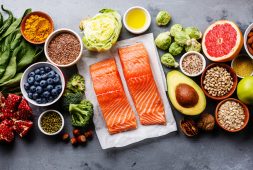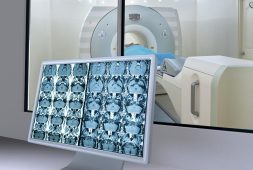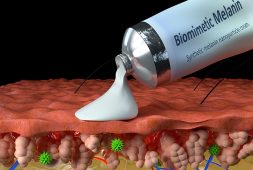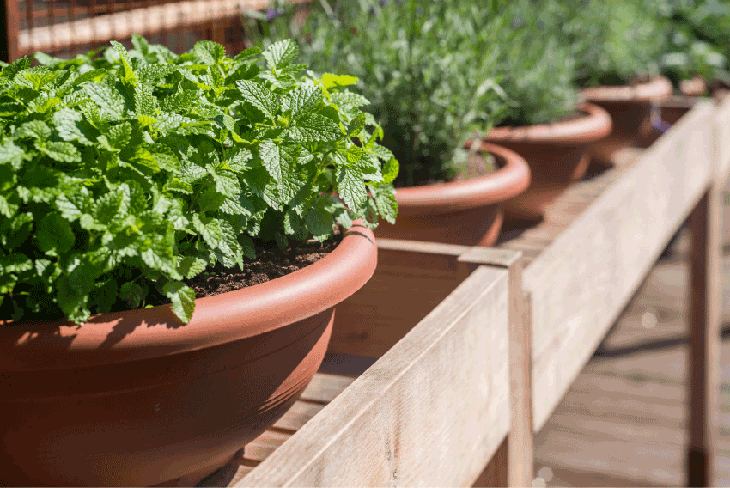
In a series of clinical trials investigating the impact of an herbal extract on mild cognitive impairment (MCI), scientists observed significant improvements in participants’ memory within a period of less than three months. The herbal preparation in question, known as Sailuotong (SLT), consists of standardized extracts from Panax ginseng, Ginkgo biloba, and Crocus sativus L.
Beyond memory enhancement, the study revealed that individuals receiving SLT demonstrated enhanced performance in executive function tasks. These tasks encompassed the ability to maintain focus despite distractions and engage in multitasking activities. The research team, hailing from Australia, also posits that SLT might serve as a preventative measure against dementia, considering MCI as its precursor. Future endeavors aim to conduct more extensive studies to explore this potential further.
The development of SLT is the result of a collaborative effort between Western Sydney University’s NICM Health Research Institute and Xiyuan Hospital, along with the China Academy of Chinese Medical Sciences in Beijing. Previous investigations had already established SLT as possessing anti-inflammatory, antioxidant, antiapoptotic, and cholinergic-enhancing properties. Moreover, earlier studies indicated its safety and potential cognitive benefits in addressing vascular dementia and supporting neuro-cognition in healthy adults.
The recent study, published in the journal Alzheimer’s & Dementia, specifically targeted MCI, a condition characterized by cognitive decline involving memory and thinking difficulties. Recognized as a precursor to dementia, MCI affects approximately 17 percent of the global population aged 60 and above.
To rigorously evaluate SLT’s efficacy, the researchers conducted a 12-week trial involving 78 participants, all aged 60 or older, with previous MCI diagnoses. Through random assignment, participants received either a daily 180mg capsule of SLT or a placebo, forming the basis for the comprehensive investigation into the potential cognitive benefits of this herbal mixture.
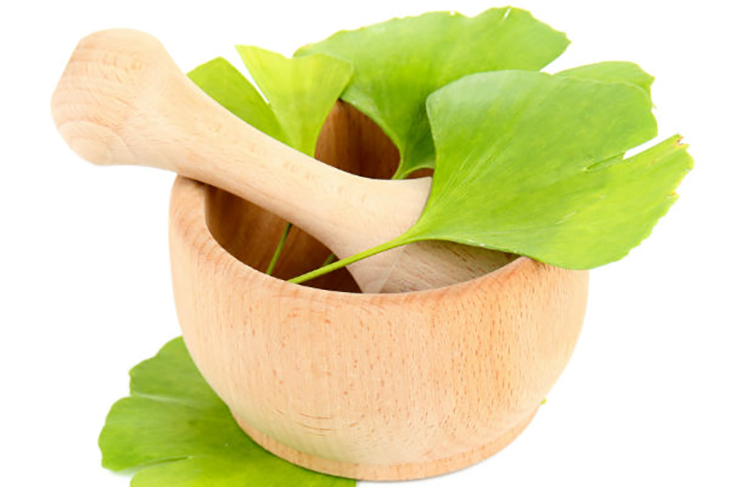
The favorable outcomes observed in the team’s study signify noteworthy enhancements in the cognitive function of elderly individuals who underwent the Speech-Language Therapy (SLT) intervention, in contrast to those in the placebo cohort.
Moreover, participants in the SLT group demonstrated notable advancements in various aspects of executive function. This included enhanced abilities in tasks related to strategic planning, exercising self-control, adeptly following multi-step instructions even in the face of interruptions, maintaining concentration amid distractions, and effectively managing multiple tasks simultaneously. These findings underscore the multifaceted positive impact of SLT on cognitive skills, particularly in domains associated with logical memory and executive function among the elderly population.
“People with mild cognitive impairment have an increased risk of dementia—over fivefold in some cases—and at the moment we do not have any approved medications for mild cognitive impairment,” said lead author Associate Professor Genevieve Steiner-Lim. She is from NICM Health Research Institute.
“Our findings are very promising as they show that even after a relatively short treatment period of just 12 weeks, SLT can support important aspects of memory and thinking in people with mild cognitive impairment.”
The participants exhibited minimal occurrences of mild or moderate side effects during the study.
Dr. Steiner-Lim acknowledges the need for further research to explore the long-term benefits and assess the herbal extract’s impact on daily functioning and quality of life. Despite this necessity, she maintains an optimistic outlook on the potential of SLT to delay the onset of dementia.
The research team is eager to initiate another trial with an increased sample size and an extended treatment period. The objective is to investigate whether SLT could effectively address mild cognitive impairment and potentially defer the diagnosis of dementia.
A preliminary investigation into the individual benefits of the three herbs reveals noteworthy information. Ginseng has faced warnings from the U.S. FDA and Federal Trade Commission since 2019 due to manufacturers making false claims about its health and anti-disease benefits.
On the other hand, a 2017 meta-analysis of studies on Ginkgo indicates potentially beneficial effects on cognitive performance compared to a placebo.
The Crocus sativus flower, utilized in the culinary spice saffron, possesses biologically active chemical compounds such as alkaloids, anthocyanins, carotenoids, flavonoids, phenolics, saponins, and terpenoids. These compounds can help induce a mood-enhancing effect in individuals with major depressive disorder and offer various other benefits, including addressing sleep and vision problems, as observed in traditional Asian medicine.

